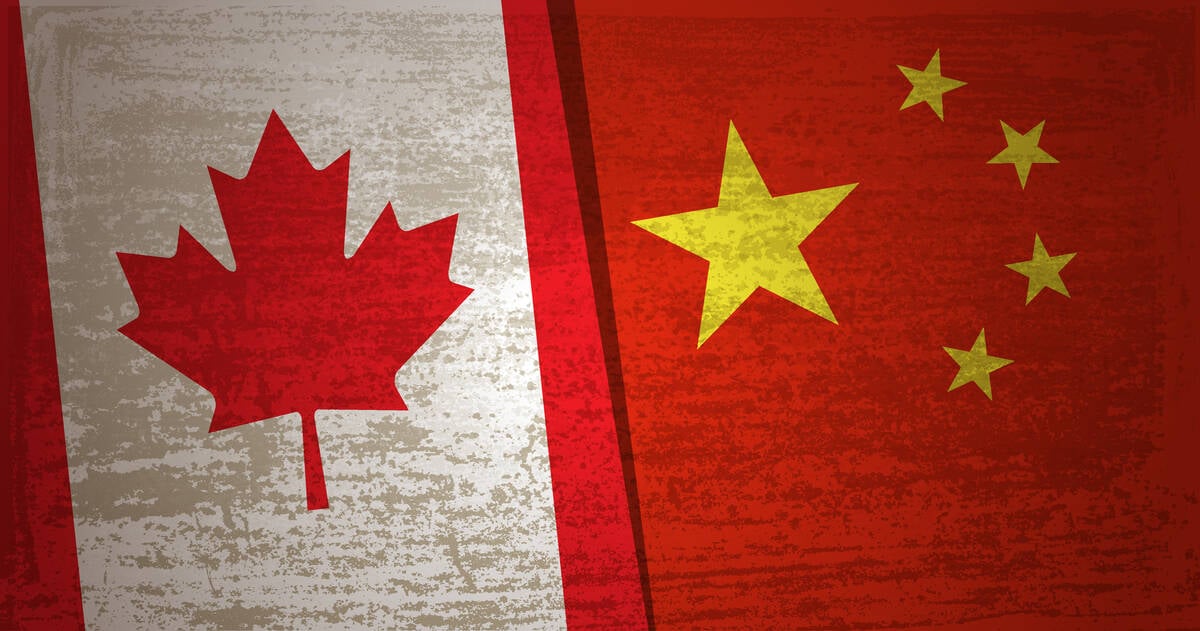Glacier FarmMedia — Canola trading on the Intercontinental Exchange will continue to be rangebound if things stay the same regarding Canada’s trade war with China, said a trader.
The January contract has stayed between C$620 and C$640 per tonne since Oct. 7 in all trading sessions but one. Tony Tryhuk of RBC Dominion Securities in Winnipeg said any piece of news would break canola out of its current range.
“We need to see a development on the tariff issue with China. We would need to see significant movement in the prices of allied oilseeds. We would need to see material changes in the export lineup to destinations other than China,” he said. “(The market’s) a bit in limbo; it’s a bit cautious … It’s the lack of fresh fundamentals that is causing us to drift sideways.”
Read Also

Canada offers tariff relief to some steel, aluminum products from U.S., China
Canada offered tariff relief on some steel and aluminum products imported from the U.S. and China, a government document showed, in efforts to help domestic businesses battered by a trade war on two fronts.
Tryhuk described the Canadian government as “between a rock and a hard place” after a Chinese official said earlier this month that canola tariffs would be dropped if Canada dropped its levy on Chinese electric vehicles. The matter has driven a wedge between the Canadian canola and automotive industries with the lack of progress frustrating both sides.
However, Tryhuk believes a deal will get done eventually.
“I think there’s overall optimism that it will be resolved. I think the overarching concern is where is the market price going to be when this issue gets resolved,” he said.
As of now, canola is being purchased in greater numbers by other countries, but Tryhuk said those countries may be more “price-sensitive” than China and are ordering smaller shipments.
“Japan (has bought) 575,000 tonnes already. Mexico: 230,000 tonnes. Bangladesh: 190,000 tonnes,” he said. “Yes, we’re finding a home for (canola), but not at the price we would typically enjoy by selling to China … It takes three sales to Japan to make up for one sale to China.”
Tryhuk said the longer the situation continues, canola prices will continue to drift lower.
“Every day that ticks by is another day of opportunity lost to China that you cannot make up in the future. The on-farm inventory isn’t being reduced and eventually, it has to come to market,” he said.

















